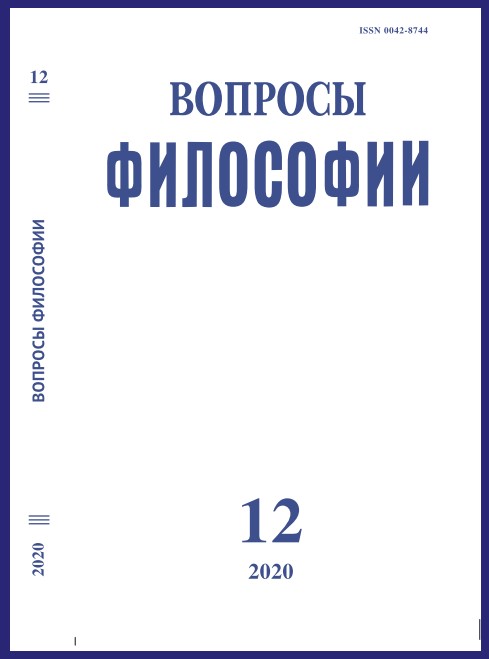Cognitive Humility and Scientific Progress
DOI:
https://doi.org/10.21146/0042-8744-2020-12-139-142Keywords:
epistemology, paradigm, scientific revolutions, cognitive humility, ethics of science.Abstract
What is cognitive (scientific) humility? Is it a virtue or vice? We consider the manifestations of cognitive humility highlighted by I.T. Kasavin, placing them in two contexts – normal science and revolutionary science. Such cognitive virtues as the search for justification, knowledge as confidence (knowledge through testimony), recognition of the limitations of knowledge, and selflessness can work to the benefit of both normal and revolutionary science. The victorious scientific paradigm retroactively justifies its creators, turning them into knights without fear and reproach. Accordingly, the losing scientific paradigm in many respects devalues the virtues of those who advocated it. We come to the conclusion that a positive or negative assessment of the facts of cognitive humility depends on our attitude to the “norm” and “revolution”, on our interpretation of progress. We also raise the question of whether the virtues of cognitive humility described by I.T. Kasavin can be attributed to T. Kuhn. From an outside historical observer, Kun cannot be denied the cognitive virtues that Kasavin associates with normal science. Despite this, Kuhn made a revolution in socio-humanitarian thought and jointed the ranks of “revolutionary” scientists. This means that manifestations of cognitive humility fit as easily into the context of the “revolution” as into the context of the “norm” and are retrospectively evaluated both positively and negatively depending on our preferences.

